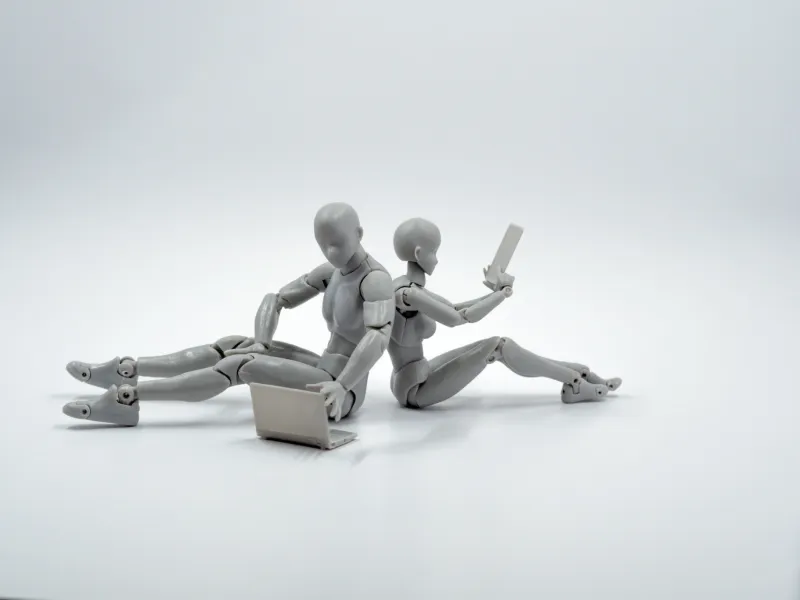Publications
(Art)ificial Intelligence
February 2023 will be marked as the date when, for the first time, artificial intelligence will take the place of a human being in the defence of a court case.
In the context of a road traffic offence case (speeding), the so-called "first robot lawyer", created by the start-up DoNotPay, will make its debut in court, giving instructions to the defendant through a headset. The defendant, in turn, has agreed to only say what the robot advises him. Since this is an experiment, the founder of the company that created it has already guaranteed that if the defendant loses, the company itself will be responsible for paying the fine.
It is not news that artificial intelligence has brought profound changes to the world as we knew it, so much so that, if we stop to reflect, we can no longer even imagine what our life was like without it.
The conquest of the legal world by artificial intelligence began a long time ago and, although it is already used by many lawyers and law firms in the form of systems and computer programmes for organising processes, documentation research, invoicing applications, etc., the truth is that artificial intelligence had never transformed the legal practice in the same way as it has transformed other sectors.
The potential of artificial intelligence to support legal research, document review and case management and organisation is undeniable, contributing with its fast algorithmic rationality to identify key concepts, contractual clauses, patterns in court decisions and similarities in the application of laws. Take the example of the Lexis+ system (widely used in the US, where there is a common law system, where judicial precedents have a binding value), which helps lawyers by assessing the probability of success of their cases based on past decisions.
The law - and read "law" as a broad concept, i.e. any source of law - has a "prescriptive" nature (for a given reality or concept x, it provides the solution y), so its application seems, at the outset, of simple deductive reasoning (if x, then y). It is for this reason that Law becomes a branch apt for codification through artificial intelligence.
However, it is no less true that Law works with words, which, as we well know, may have multiple meanings and senses, varying according to the context, order, systematic organisation, concrete reality and historical time. It is also no less true that, despite all efforts, the interpretation of words remains a purely human activity. That is why discussions and judicial decisions are not limited to "black" or "white", being, in fact, many other colours.
The idea that robots and machines will one day replace human beings divides opinions - some are fascinated by it, others fear it.
In the world of Law, it is up to professionals to make the innovations provided by technological evolution available to them, using them to serve a more efficient, fair and coherent legal practice. And they should do so without fear, because, after all, legal thought will remain a human function and in the certainty that, at the core of all legal regulations, there are, above all, values - and values are neither "algorithmable" nor "computable".
Law is undoubtedly a science and a technique. However, it is also an art and, therefore, it cannot be reduced to exact mathematical codes - this is the limit of the application of artificial intelligence to Law.
Without prejudice to this, we should not stop looking at the challenges it poses - and soon we will be looking at another major breakthrough.
